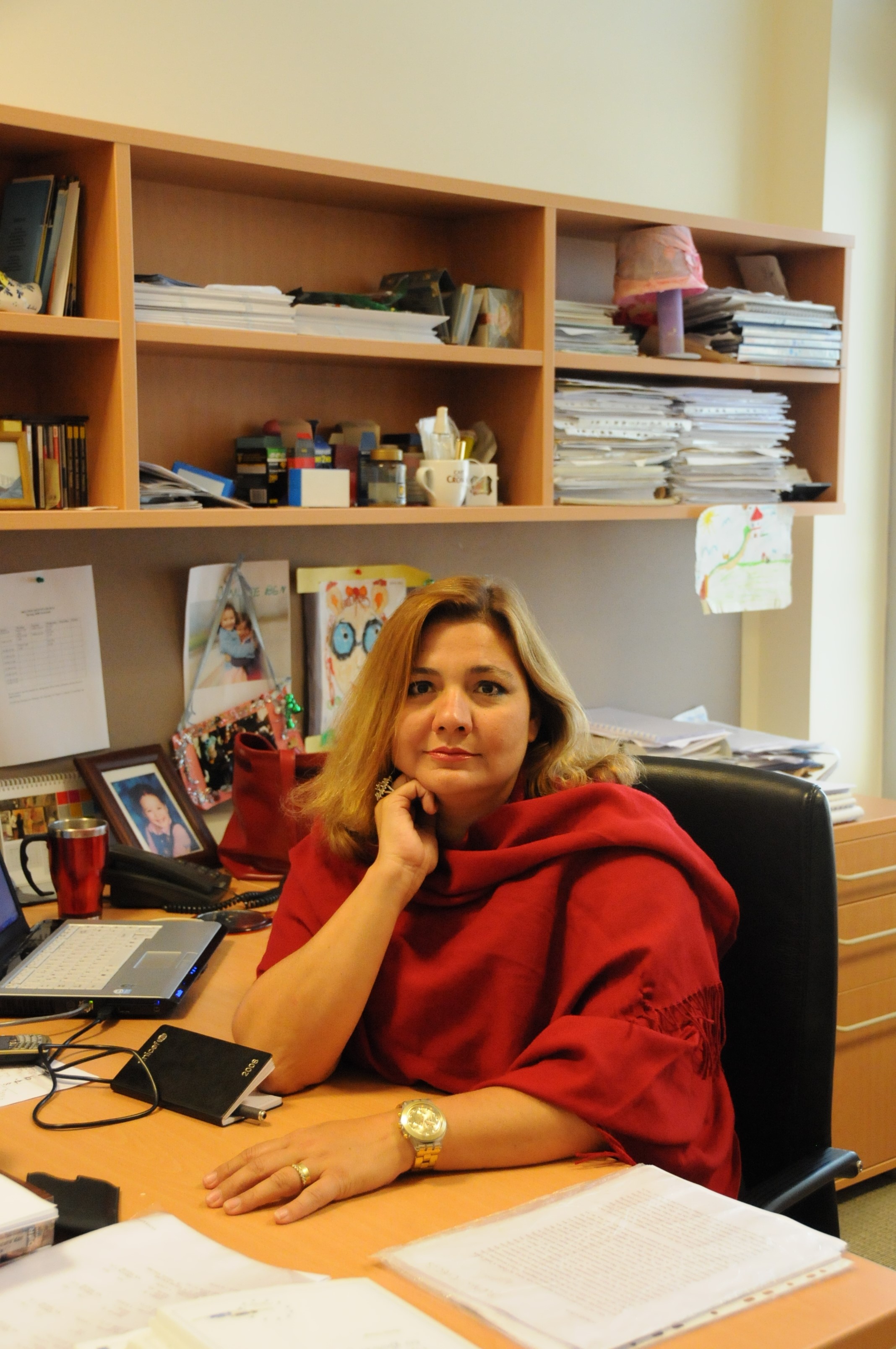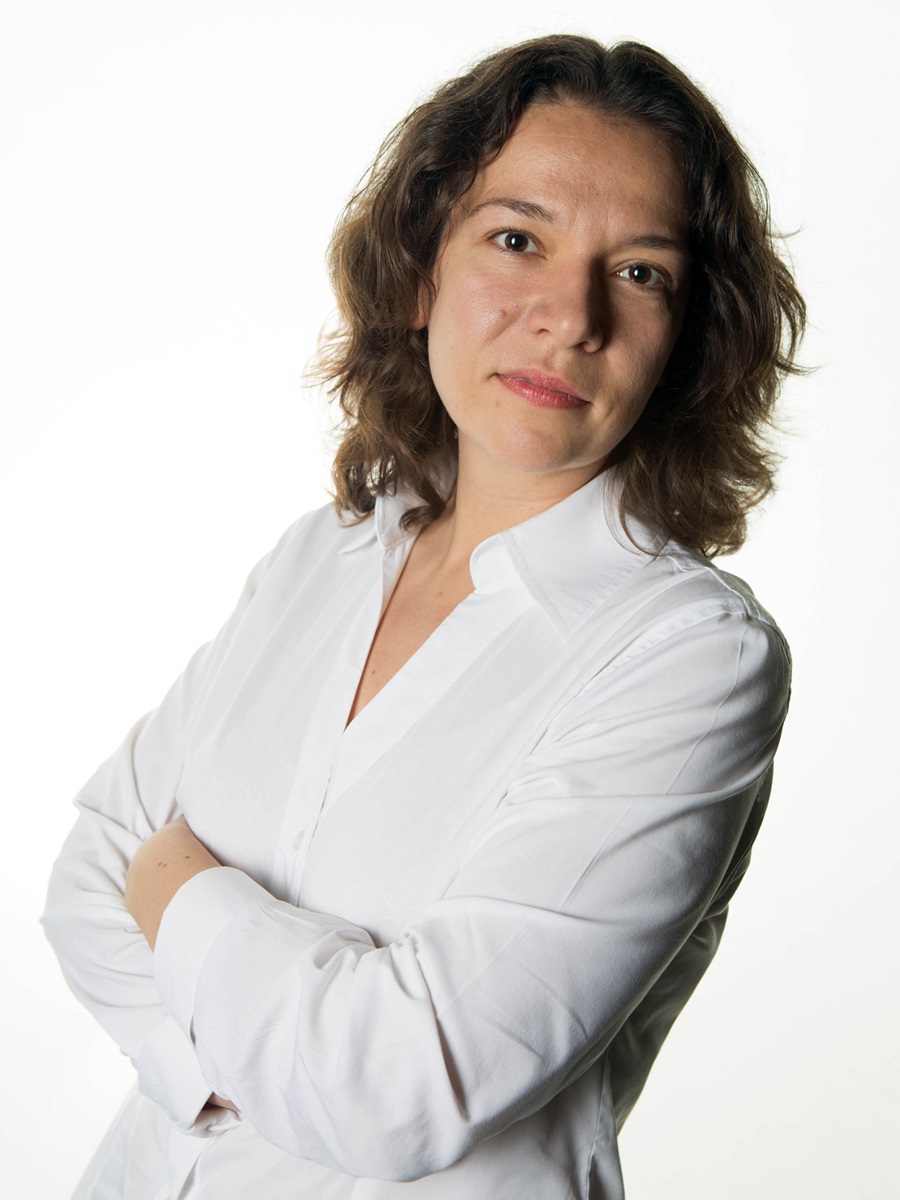Thorgerdur Einarsdóttir, Professor, Gender Studies, University of Iceland; Gyda Petursdóttir, Assistant Professor, Gender Studies, University of Iceland; Jyl Josephson, Associate Professor, Political Science and Women’s and Gender Studies, Rutgers University; and Janet Elise Johnson, Associate Professor, Political Science, Brooklyn College
Thorgerdur Einarsdottir is Professor of Gender Studies at the University of Iceland. She received a PhD in Sociology from University of Goteborg in Sweden. She researches gender and the labour market, welfare and family policy, women in politics, gender equality policies and the feminist movement. Her most recent research areas are the gendered dynamics of the financial crises, and transgender issues. She is spending the Fall 2013 semester at Rutgers Newark as a Fulbright research scholar, affiliated with the Institute for Research on Women.
Janet Elise Johnson is Associate Professor of Political Science and Women’s Studies at Brooklyn College, City University of New York. She holds a BA from Duke University in Public Policy and a PhD in Political Science from Indiana University. Her most recent articles are published in the journals Politics & Gender, Communist and Post-Communist Studies, and Signs: Journals of Women in Culture and Society. Her most recent book, Gender Violence in Russia: The Politics of Feminist Intervention (Indiana University Press, 2009), analyzes the development of the women’s crisis center movement in Russia. Recently returned from fieldwork in Iceland (July 2013) and Russia (May 2013), she is working on a book project on gender and informal politics.
Gyda Margrét Pétursdóttir is Assistant Professor of Gender Studies at the University of Iceland. She received PhD in Gender Studies from University of Iceland. She researches gender, i.e. femininities and masculinities, gender relations and family responsibility, work cultures and gendered organizations. Her most recent research areas are the gendered dynamics of the financial crises in collaboration with Einarsdóttir, and emphasized and pariah femininities.
Jyl Josephson is Associate Professor of Political Science and Women’s and Gender Studies at Rutgers, the State University of New Jersey, Newark campus. From 2004 to 2008, she served as Director of the Women’s and Gender Studies program at Rutgers-Newark. She spent the spring 2011 semester at the University of Iceland as a Fulbright lecturing scholar, and while there taught a course on the politics of sexuality. She has written on gender, sexuality, and public policy, primarily in the context of U.S. social policy. She has published books on child support policy, and on gender and American politics. Her work has also been published in journals such as Women and Politics, Journal of Poverty, Politics and Gender, and Perspectives on Politics.
Johnson, Einnarsdottir, and Pettursdottir published “A feminist theory of corruption: Lessons from Iceland” in Politics & Gender (June 2013). Einarsdottir and Pettursdottir are working on a joint project on masculinity and Iceland’s crisis. Einarsdottir and Josephson are involved in a project comparing LGBT movements in Iceland and the United States.
at the Center for European and Mediterranean Studies
New York University
285 Mercer Street, 7th floor
(between Waverly and Washington Place)
 Melissa Feinberg is associate professor of history at Rutgers University. She is the author of Elusive Equality: Gender, Citizenship and the Limits of Democracy in Czechoslovakia, 1918-1950 (Pittsburgh University Press, 2006). This talk is part of her current book project, which examines fear as a means of political mobilization during the first years of the Cold War. Recent articles related to this project include “Fantastic Truths, Compelling Lies: Radio Free Europe and the Response to the Slánský Trial in Czechoslovakia” (Contemporary European History, 2012) and “Soporific Bombs and American Flying Discs: War Fantasies in East-Central Europe, 1948–1956” (Zeitschrift für Ostmitteleuropa-Forschung, 2013). Another recent article in the Journal of Women’s History (2011) was inspired by her fascination with a 1944 survey of rural Bohemian women that delved into their housekeeping secrets and home décor. She is also an editor of Aspasia, a yearbook of women’s and gender history in Central, Eastern, and Southeastern Europe.
Melissa Feinberg is associate professor of history at Rutgers University. She is the author of Elusive Equality: Gender, Citizenship and the Limits of Democracy in Czechoslovakia, 1918-1950 (Pittsburgh University Press, 2006). This talk is part of her current book project, which examines fear as a means of political mobilization during the first years of the Cold War. Recent articles related to this project include “Fantastic Truths, Compelling Lies: Radio Free Europe and the Response to the Slánský Trial in Czechoslovakia” (Contemporary European History, 2012) and “Soporific Bombs and American Flying Discs: War Fantasies in East-Central Europe, 1948–1956” (Zeitschrift für Ostmitteleuropa-Forschung, 2013). Another recent article in the Journal of Women’s History (2011) was inspired by her fascination with a 1944 survey of rural Bohemian women that delved into their housekeeping secrets and home décor. She is also an editor of Aspasia, a yearbook of women’s and gender history in Central, Eastern, and Southeastern Europe.


